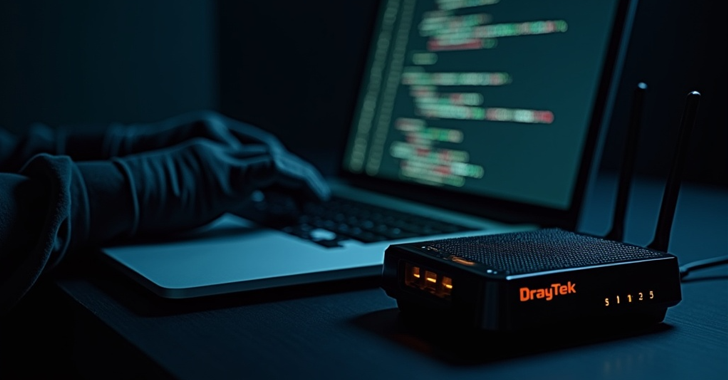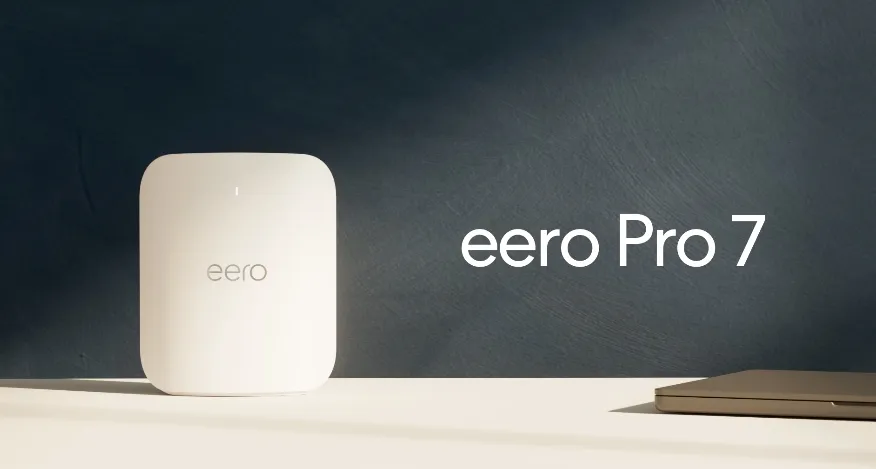
Trump and Musk Bury the Hatchet: Apology Ends Billionaire Feud
A Surprising Turn in a High-Stakes Spat
US President Donald Trump has accepted an apology from Tesla and SpaceX CEO Elon Musk after a fiery public feud that played out across headlines and social media. The White House confirmed Wednesday that the two influential figures have taken steps toward reconciliation, following a direct call from Musk and his subsequent public expression of regret.
White House Press Secretary Caroline Levitt remarked, “The President acknowledged and appreciated Elon’s statement this morning. We will continue to focus on the work and business of the American people.”
From Allies to Adversaries: The Rift Unfolds
Musk and Trump, regarded as close allies had their relationship rupture after Musk publicly criticized Trump’s cornerstone “Big Beautiful Bill.” Musk objected to the bill’s projected $3 trillion debt burden and went further, accusing Trump of benefiting from his support in the 2024 election and making explosive claims about Trump’s name appearing on the “Epstein Files.”
Trump’s response was scathing. In interviews and social media posts, he accused Musk of being unstable, saying, “The poor guy’s got a problem,” and that Musk had “lost his mind.”
Behind-the-Scenes Diplomacy
The tone began to shift after behind-the-scenes conversations involving Musk, Vice President JD Vance, and White House Chief of Staff Suzy Wiles. According to CNN, Friday’s discussion highlighted the political risk of ongoing hostilities and helped pave the way for Musk’s outreach to Trump.
GOP lawmakers close to Trump reportedly urged Musk to mend ties, emphasizing the importance of party unity and support for Trump’s economic agenda. The focus was particularly on garnering Musk’s support for the controversial spending bill Musk had initially opposed.
White House Keeps Federal Contracts in Play
Amid speculation that Musk’s government contracts—particularly with SpaceX—might be reviewed in retaliation, Levitt clarified that no such action was underway. “As far as I know, no action has been taken in that direction yet,” she told reporters, signaling the administration’s intent to de-escalate tensions.
This reassurance indicates that while tempers flared, both sides have little appetite for long-term fallout that could affect national programs and private sector partnerships.
Social Media as the Battlefield
The feud began on X (formerly Twitter), where Musk unleashed a barrage of posts slamming Trump’s policies and leadership. Trump, in turn, fired back via his platform, Truth Social. The digital exchange quickly drew national attention, with pundits framing it as a clash of titans—Silicon Valley’s most powerful innovator versus the nation’s most polarizing leader.
But what began as a spectacle now seems to be evolving into a carefully choreographed resolution, revealing how much both sides still stand to gain from cooperation.
A Calculated Reset
Trump’s acceptance of Musk’s apology may be less about forgiveness and more about strategy. Musk remains a major economic player, and his support—or opposition—could influence both policy outcomes and public perception heading into the 2026 midterms.
The detente illustrates a broader truth in politics and business: alliances are rarely permanent, but reconciliation, when useful, is always on the table.
With the apology accepted and hostilities paused, Trump and Musk seem poised to return to a functional, if cautious, rapport—one that could shape the intersection of policy, technology, and power for months to come.
(With agency inputs)








